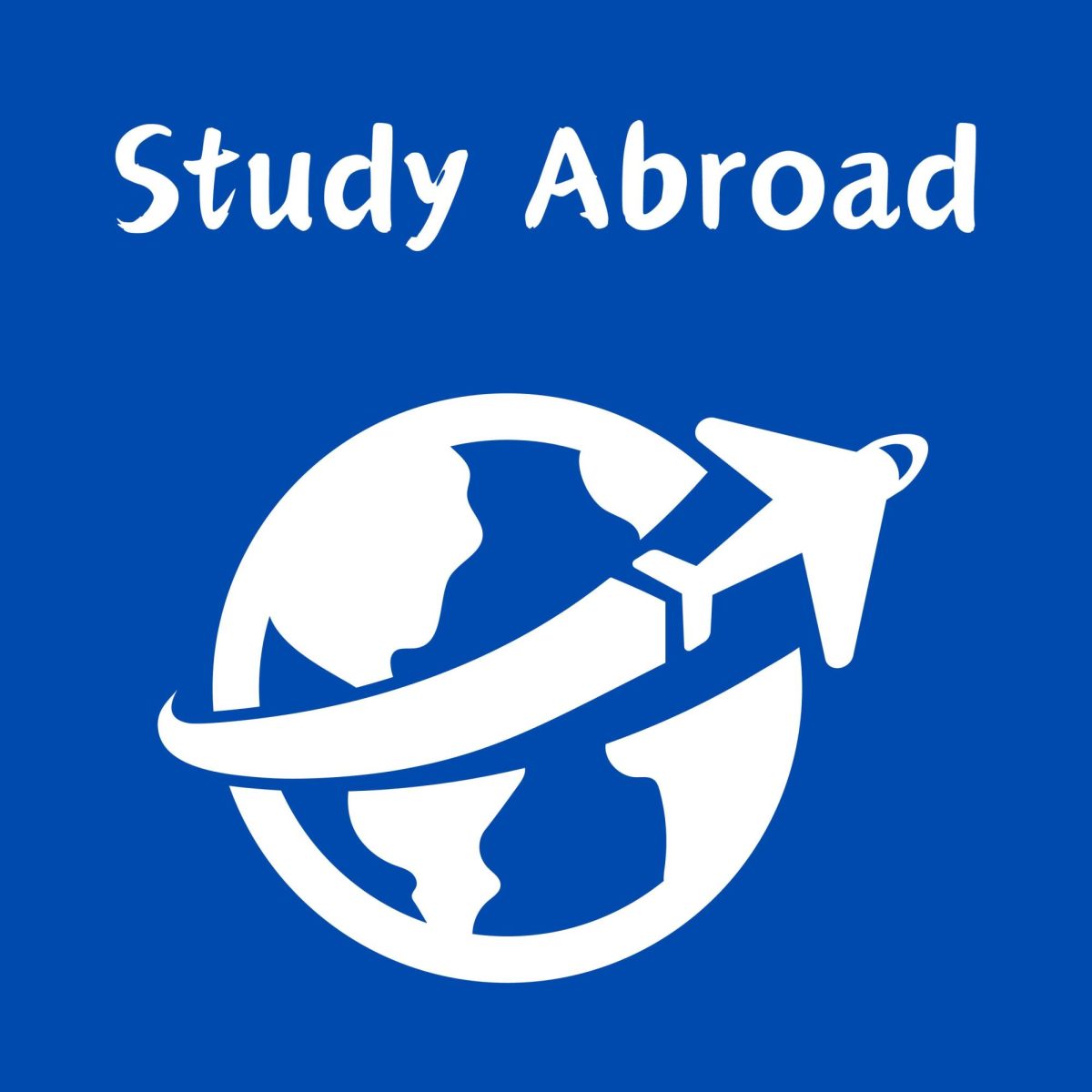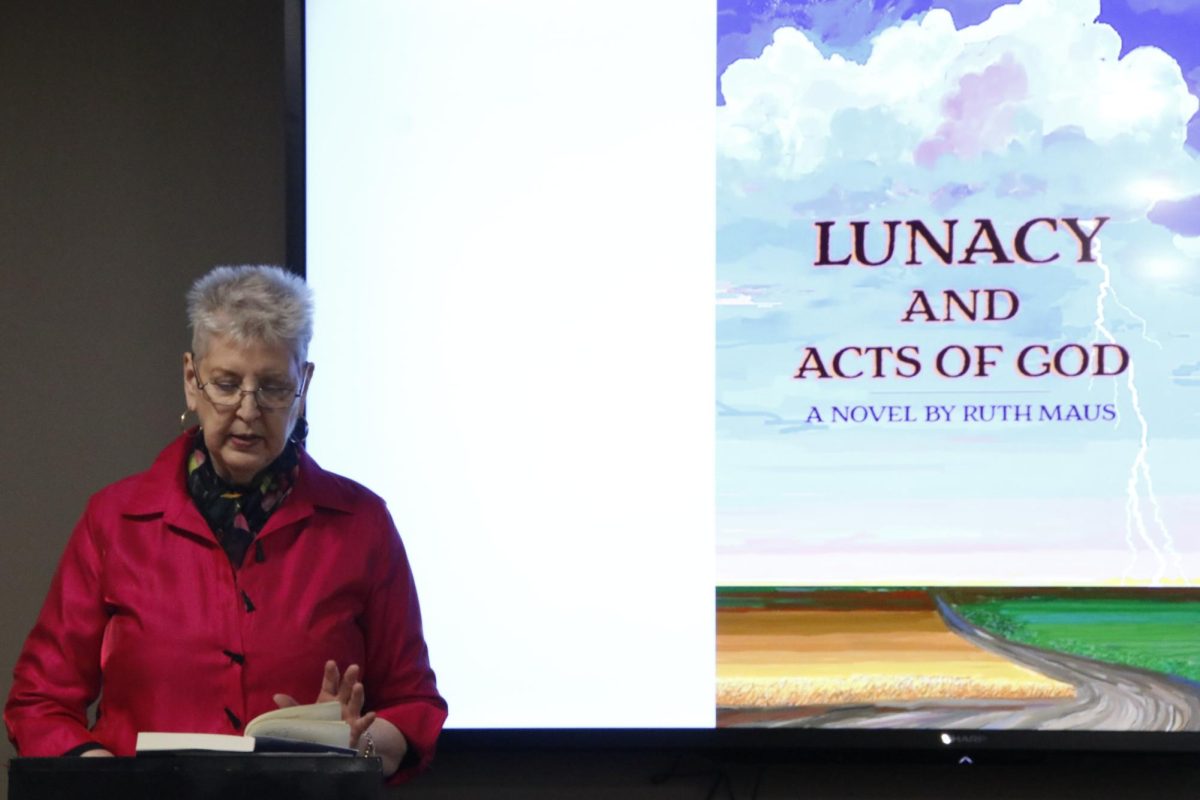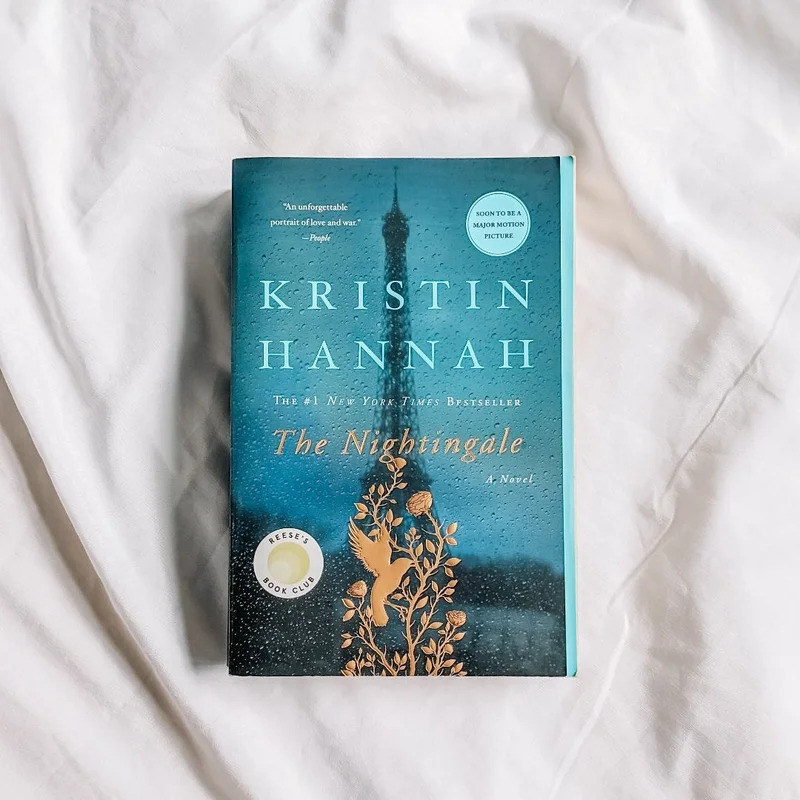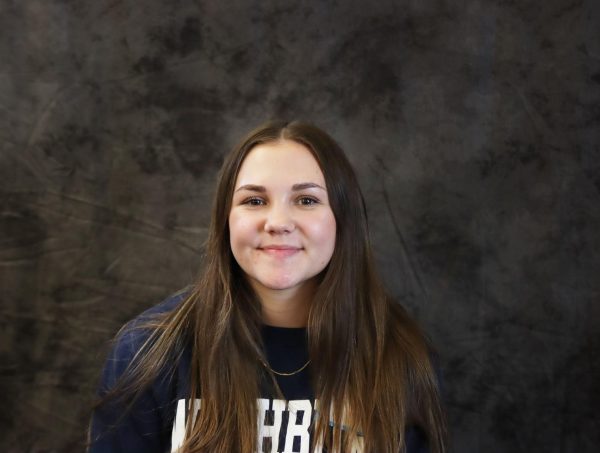Washburn University has over 25 exchange programs, about a dozen faculty-led study abroad programs and other resources to give students the opportunity to study outside of the US.
“It enhances your education, connects you with people around the world and helps broaden your horizons by learning different cultures and languages,” said Tina Williams, Washburn study abroad coordinator.
Williams went on to explain the services and resources Washburn has for students who are looking to study abroad. While Washburn does offer programs in various countries, students can choose to study in countries outside of the exchange program. Third-party program providers help give students the chance to travel to almost any country.
“Study abroad is one of the four transformational experiences,” Williams said. “All students have a $1,000 WTE [Washburn Transformational Experience] scholarship waiting for them here in my office.”
Scholarship money, passport applications and resources are all provided by Washburn.
“It’s always [good] to have a little bit of knowledge when you are going,” said Sangyoub Park, associate professor of sociology.
Park teaches a class called South Korea: Past, Present and Beyond. He prepares his students beforehand and teaches them about Korea before they go. Even if a student is studying abroad without a faculty member, it is still helpful to research the country before going.
Park then explained why time management is important when going to another country. There is so much to see and do, so having a plan can help.
Maria Villegas, senior sociology major, studied abroad last year in both China and Korea. Both of her trips were faculty-led, but she also recommends researching the country beforehand.
Villegas explained that she found carrying her ID, downloading Google Maps, learning key phrases in the country’s language and carrying cash in the correct currency very helpful. Villegas stressed the importance of wearing comfortable shoes and clothes because sightseeing and other activities often involve walking.
“It helps you grow personally and helps you find out things that you may be passionate about,” Villegas said. “It helps you become more independent and learn to value your own culture and … that country’s culture.”
Studying abroad has so many opportunities including networking, education and experience. The study abroad office is located in Plass 217.
Edited by Stuti Khadka and Morgan Albrecht












